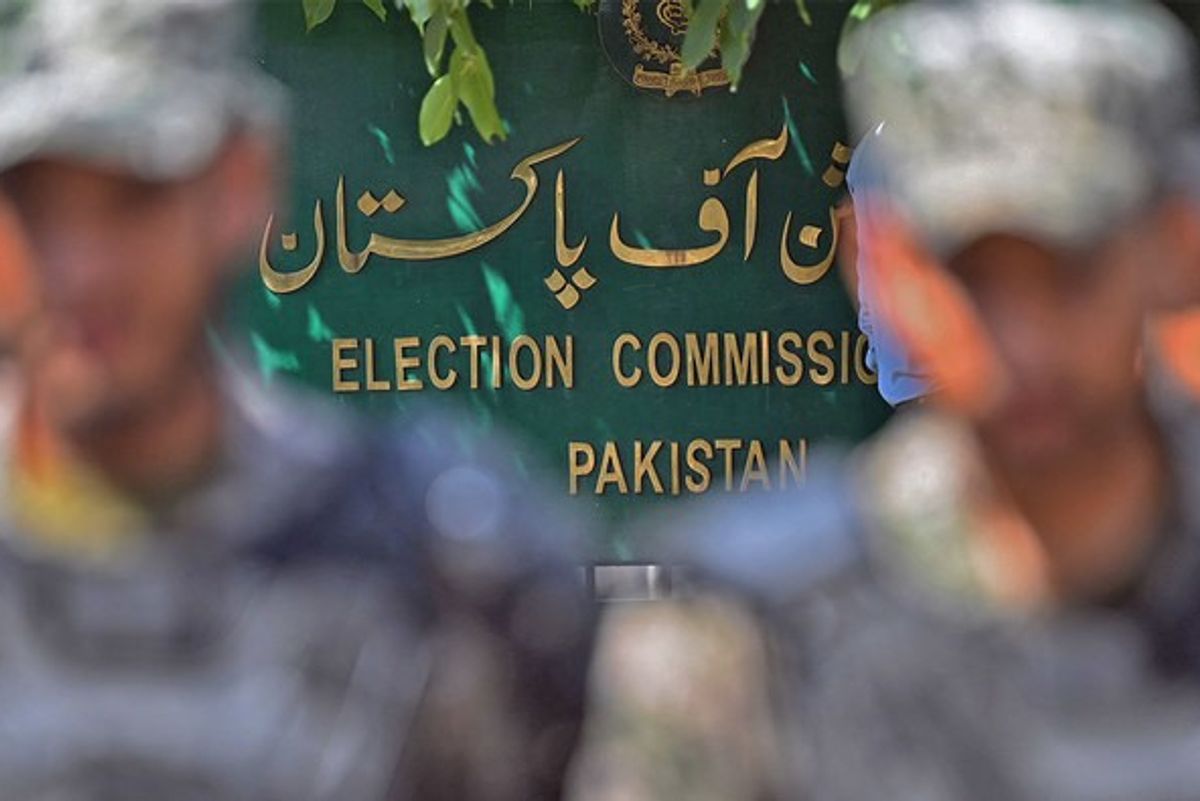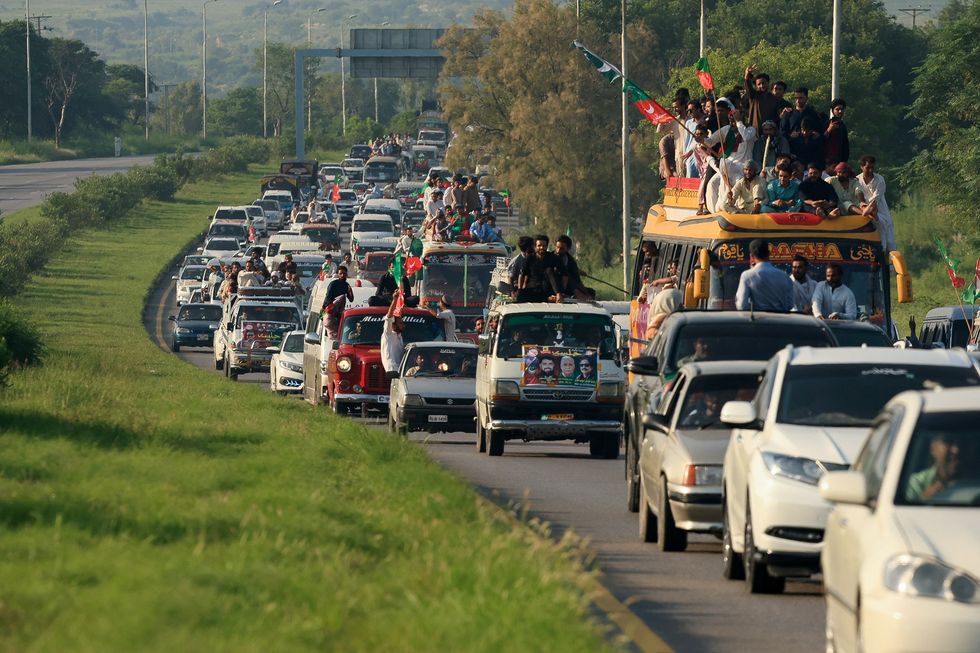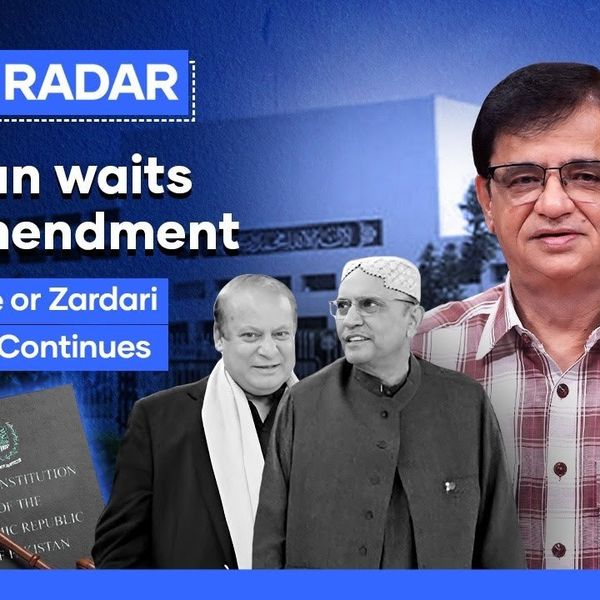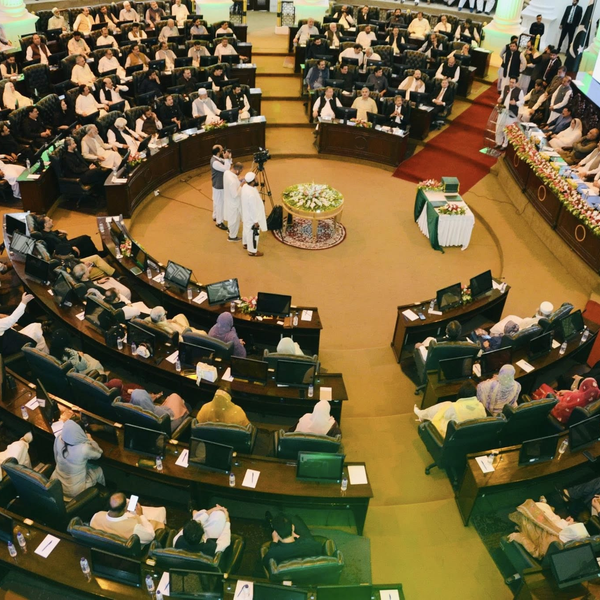Pakistan election regulator challenges top court's clarification on reserved seats verdict
ECP says it should not be held responsible for delays in implementing Supreme Court’s decision
News Desk
The News Desk provides timely and factual coverage of national and international events, with an emphasis on accuracy and clarity.

Paramilitary soldiers stand guard outside the Pakistan’s election commission building in Islamabad, Pakistan, on August 2, 2022.
AFP
The ECP argues in its petition that it should not be blamed for delays in implementing the court’s decision on the allocation of reserved seats
Electoral body has requested the Supreme Court to review its clarification
Pakistan’s election regulator has filed a fresh review petition in the Supreme Court, challenging the top court's September 14 clarification regarding the verdict in the reserved seats.
The clarification was issued in relation to a July 12 ruling, and the Election Commission of Pakistan (ECP) now seeks a reconsideration of the court’s explanation.
Candidates from the party of jailed former prime minister Imran Khan, the Pakistan Tehreek-e-Insaf (PTI), were forced to contest the February 8 elections as independents after the electoral watchdog revoked the party's electoral symbol.
Despite this, they secured the most seats in the polls. However, the ECP ruled that these candidates were ineligible for reserved seats for women and minorities, which are normally distributed based on the number of seats a political party wins in the general elections.

In July, the apex court determined that PTI was entitled to more than 20 additional reserved seats. Due to the loss of the party symbol, the court ruled that the PTI candidates who had run as independents should be recognized as official PTI nominees for the February 8 elections. It stated that, for those polls, the PTI would be treated as a political party, with its candidates retaining their party affiliation.
Earlier this month, the court in its detailed judgment, argued that a political party’s constitutional right to participate in elections cannot be undermined by the absence of an electoral symbol.
The ECP on Friday argued in its petition that instead of implementing the Supreme Court's judgment, the ECP has requested the court to suspend the decision regarding reserved seats.
It argues that the ruling on these seats is based on assumptions and contend that the court cannot alter the constitution under the pretext of interpretation. The commission maintains that the court has strayed from its orders issued on July 12 in its detailed judgment.
The electoral body said that it should not be held responsible for delays in implementing the court’s decision concerning the allocation of reserved seats in the assemblies.

According to the ECP’s petition, the clarification provided by a majority of judges on September 14 was issued without full consideration of the circumstances and warrants a review.
“The Election Commission was not responsible for any delay,” the petition emphasizes. The ECP also pointed out that it had sought clarification of the July 12 judgment on July 25, well before the September 14 order was issued.
The ECP contends that the court’s directive placed undue blame on the commission for not acting quickly enough. “The Court’s clarification overlooks key procedural issues and the necessary time for implementing its directions,” the ECP stated.
The ECP has now formally requested the Supreme Court to review its clarification and to issue new guidance on the matter, particularly in light of the legal changes made by parliament.










Comments
See what people are discussing